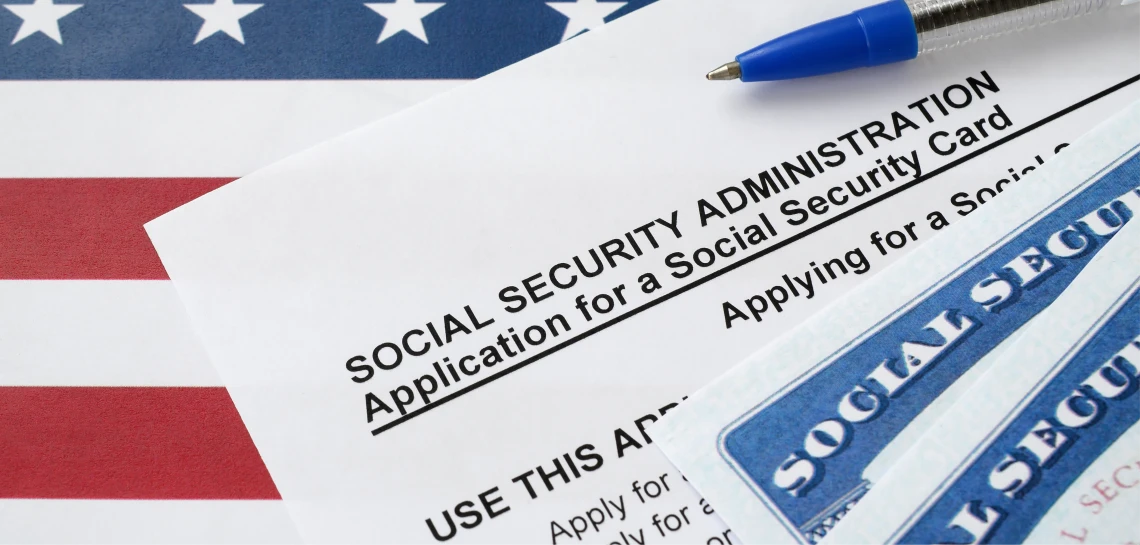
The application process for SSDI or SSI disability benefits can be challenging. The Social Security Disability Process requires planning, patience, and evidence collection.
Nearly 80% of the applicants get rejected in the initial application phase even if they are ideal candidates for the Social Security Disability Insurance (SSDI) or Supplemental Security Income (SSI) benefits. It can demotivate the applicants. However, the next step is to appeal the decision, i.e., filing for reconsideration. If this also gets denied, then they can request a hearing. At the hearing stage, maximum disability applicants receive benefits.
There are 6 ways you can get ready for the social security claim in court:
- Reviewing the application form
- Preparing a cheat sheet
- Providing the latest medical records
- Getting a doctor’s written statement
- Keep it comfortable
- Hiring an attorney
Reviewing The Application Form
The first step in the hearing preparation must begin with reviewing the SSI and SSDI claims. Conduct a clear review by making notes of the medical records and any notification or correspondence with the Social Security Administration (SSA).
An applicant must remain consistent in their initial application and hearing testimony. It is because the judge will ask questions that you were asked previously and will compare them with your written answers. Therefore, it is vital to be honest and transparent in all your hearings.
Make a Cheat Sheet To Reference
One of the worst scenarios for the applicant is that they come across tricky questions. Therefore, preparation is vital to strengthen your disability claim. It is advisable to create a cheat sheet with notes to help mitigate the risk in your disability case. The cheat sheet answers must match the information you present while applying for disability benefits.
You must ensure that your diagnoses, timeframes, dates, and other information match your initial application. All this will also help you not to say things in the disability interview in the future process.
Providing The latest Medical Records
The time between the rejection of your initial application and hearing may greatly vary depending on your condition. For this, the claimant must ensure that their medical records are up-to-date, which may not generate discrepancies between testimony and the application. Therefore, you must update the SSA and notify them about your medical records.
Getting a Doctor’s Written Statement
One of the most crucial evidence in the disability hearing is the doctor’s statement. The applicant must ask their healthcare provider to prepare written information about their physical impairment and how it affects their ability to work. You should reach your medical provider when you receive notice of the SSA’s hearing.
Keep It Comfortable
The applicant may think of purchasing a new outfit for the court. However, you do not have to spend money in order to make a good impression. As it is an informal hearing, you can go for a casual approach and keep it comfortable. It is advisable to wear clean and tidy clothes as it will boost your confidence level.
Hiring a Social Security Disability Attorney
The hearing process will decide whether you will receive the benefits or not. Therefore, you must put your best foot forward. An experienced Social Security Disability Lawyer will not only navigate your disability claims but also explain the legal complexities to you.
